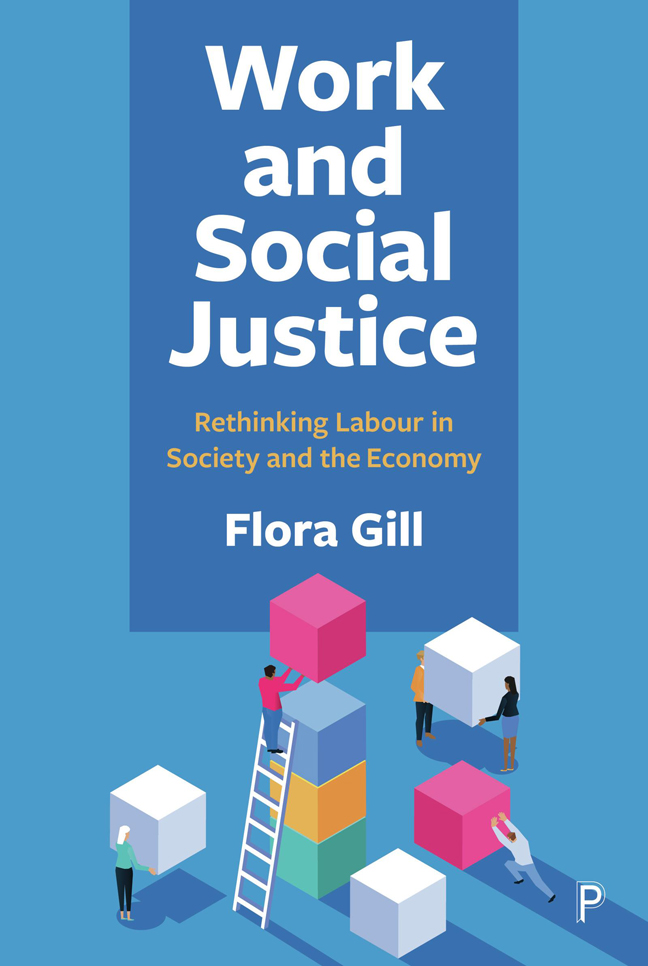Epilogue
Published online by Cambridge University Press: 23 January 2024
Summary
Humanity stands at a crossroads, faced with a set of extremely important decisions. We can allow income inequality to grow and wealth to become ever more concentrated, or we can ensure that our shared resources are distributed far more equally. The price of failure is immeasurable. Climate change and the rise of AI present significant challenges that threaten to further increase and entrench inequality, and to negatively impact our quality of life across the board. But, with the right legislative approach, they also provide significant opportunities to improve the wellbeing of individuals and their households.
History has shown us that we do indeed have a say over the socio-economic conditions that prevail within our countries. Democratic systems provide their citizens with an avenue to address these conditions via the ballot box. A large portion of our adult lives are spent working, which makes the workplace an obvious point of focus. Depending on how governments legislate, work conditions can be either harsh or more humane. As voters, we should prioritise electing governments that put the welfare and wellbeing of workers first.
As workers, we should also be demanding a greater stake in the design and implementation of the jobs we do, including such things as the pace and length of the working day. Work is a heavy burden, but only when jobs are tedious and poorly designed. When employees have agency over all aspects of their jobs, work becomes far more rewarding than its paycheque. The shortest route to bolstering the rights of workers is to strengthen the trade union movement. The war waged against the trade union movement during the 1980s has decimated the average standard of living for low and middle-income workers.
Rising inequality is not the only threat to the wellbeing of workers. The twin challenges of climate change and AI both threaten to negatively impact worker's lives, without appropriate government intervention. Without such action, job insecurity and income inequality are only set to increase. Alternatively, we could implement worker-friendly measures aimed at addressing these challenges and simultaneously improving the lives of workers. These would include extensive manpower retraining programs, a shorter standard working day and the provision of secure jobs for all who want them.
The needs of workers extend beyond the workplace, and addressing their rights requires a broad political and social agenda.
- Type
- Chapter
- Information
- Work and Social JusticeRethinking Labour in Society and the Economy, pp. 133 - 134Publisher: Bristol University PressPrint publication year: 2023



